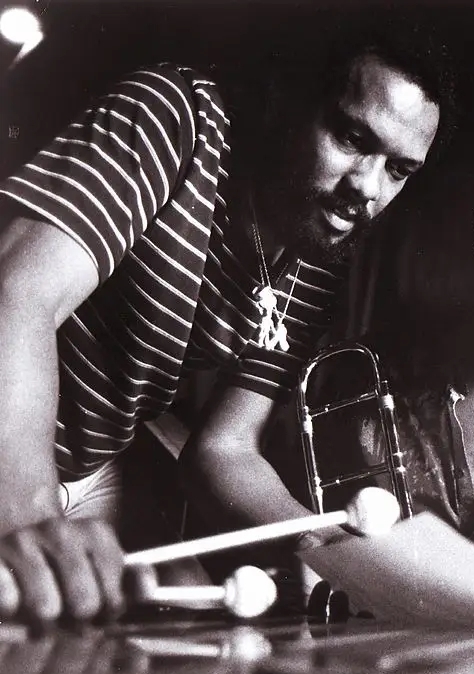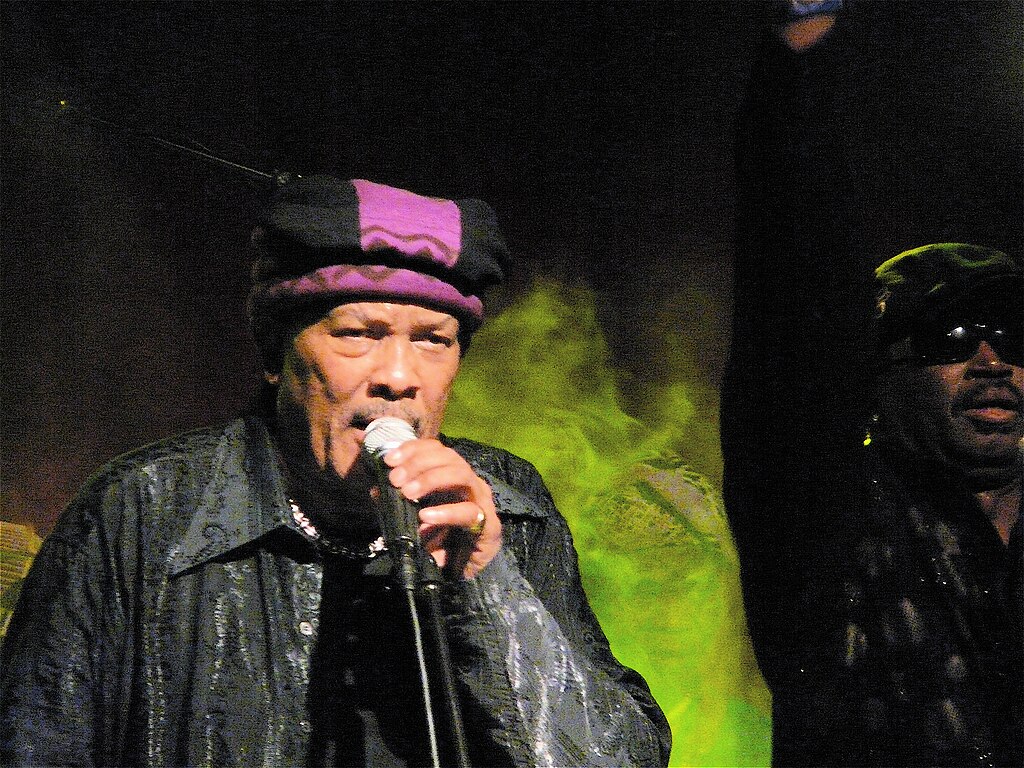
Long before playlists and hashtags told us what to feel, Roy Ayers was already doing it—with a vibraphone and a pulse so infectious it practically rewired the DNA of jazz, soul, and funk.
Born in Los Angeles in 1940, Ayers was raised in a household where music was not just background—it was backbone. Trained in piano and later obsessed with the vibraphone, he quickly became known for his touch: precise, melodic, and deeply human. But it wasn’t just the notes—it was the feel. Ayers had a way of coaxing emotion from wood and metal, of turning rhythm into revelation.
In the late ’60s, he began redefining jazz. His work with Herbie Mann gave him visibility, but it was his own group—Roy Ayers Ubiquity—that transformed him from sideman to visionary. With Ubiquity, Ayers fused jazz improvisation with R&B grooves, creating a sound that was irresistible, danceable, and deeply rooted in Black cultural identity.

Albums like Everybody Loves the Sunshine (1976) and Vibrations (1976) didn’t just top charts—they became cultural artifacts. “Searching,” “Running Away,” and the title track of Sunshine were more than hits—they were spiritual portals for a generation looking for joy, truth, and freedom on wax.
But Ayers’ genius wasn’t confined to one moment or genre. In the ’90s and 2000s, a new wave of artists—including A Tribe Called Quest, Erykah Badu, and The Roots—sampled his music, citing him as a sonic elder. He became known as the “Godfather of Neo-Soul,” and with good reason: Ayers had laid the foundation before the genre even had a name.
And yet, through it all, he remained Roy. The smile, the shades, the mallets. His energy on stage was unmatched. He made the vibraphone look like an extension of his soul. It wasn’t about perfection—it was about vibe. And nobody had more of it.

His influence stretches across generations and continents, from jazz clubs to hip-hop cyphers, from crate-digging producers to conservatory-trained vibraphonists. Roy Ayers made it cool to groove. To feel. To let light in.
The Legacy
Roy Ayers passed in 2025, but his music will never fade. It lives on in samples, in playlists, in candlelit DJ sets and Sunday brunch jams. More importantly, it lives in the artists who found courage, creativity, and groove in his vibrations.
“The sunshine in my music comes from my spirit.” — Roy Ayers
He wasn’t just a vibraphonist. He was a movement.

